Beijing says Taipei’s candidate betrays China, sells out to USA
The People’s Republic of China spares its people the hassle of voting by ensuring that Communist Party rule is non-negotiable. But across the Taiwan Strait, the Republic of China is gearing up for national elections that may intensify Beijing’s aggressive moves against the self-ruled island, and shape relations between the US and China for years to come.
Discover the complexities of US-China relations in Enodo Economics’ upcoming interactive training course: US-China Relations: What Is At Stake. The course explores the most consequential relationship of our time, offering valuable insight and analysis which will help you identify the risks and opportunities that will present over the coming years, as the relationship evolves. Our next course is scheduled for November 2023. Limited spaces available, secure your spot now.
Swimmers Cross Two Chinas in Annual Relay Race
You can swim between the two Chinas, and back again, in under two hours (if you’re super-fit). On July 15, 200 swimmers crossed a fraction of these troubled waters in an annual relay race, suspended during the pandemic, between Xiamen city in China’s Fujian Province and Taiwan’s outlying Kinmen county. They lie only a few kilometres apart, but form part of very different political worlds.
Race for Power Intensifies in Taipei
The next day, a Sunday, the race for power kicked up a notch on different stages across the Taiwanese capital, Taipei. All the main candidates in the next presidential and legislative elections, set for 13 January 2024, stood up to promote their cause. At the ruling Democratic Progressive Party’s (DPP) congress and rally, President Tsai Ing-wen endorsed the party’s presidential candidate, and current frontrunner, Vice-President Lai Ching-te.
The pair, plus other DPP bigwigs, sported party-branded baseball jackets – that’s Taiwan’s national sport, another striking point of difference with the mainland. “Just like eight years ago, I still believe in democracy,” Tsai told the DPP faithful. “I believe in the people, I believe in Taiwan, and I believe in Lai Ching-te!”
Lai reiterated an offer to talk to China on an equal basis to promote the peaceful development of ties, but also stressed the need to strengthen Taiwan’s defences. “I will use peace as a beacon and democracy as a compass,” he promised. “In the complex geopolitical situation, I will brave the winds and the waves to lead Taiwan steadily forward,” he said, although without pledging to join next year’s swim.
Challenges in Cross-Strait Talks
And don’t count on those cross-Strait talks happening soon either. Beijing doesn’t recognise Taiwan’s government and has long refused to deal with Tsai, calling her a separatist who refuses to acknowledge Taiwan is part of “one China”. There appears even less chance of Beijing talking to Lai if he wins, as he’s previously advocated a harder line on Taiwanese independence than Tsai.
Lai angered China in 2018 while he was premier, telling parliament he was a “Taiwan independence worker”, and Taiwan was already a sovereign, independent countrv – a major red line for Beijing, which has threatened to invade if Taiwan declares formal independence.
In a commentary piece for The Wall Street Journal on 4 July, Lai said that despite China’s almost daily aerial incursions near the island, his top priorities remained pragmatism and consistency. “I will support the cross-strait status quo,” he wrote.
Beijing doesn’t believe him. China’s embassy in Washington published a response in the same paper on July 18 that slammed Lai for “betraying the totality of the Chinese nation” and said he would sell out the island to the US.
Three-Way Presidential Race Unfolds
Back in downtown Taipei, on July 16, Lai’s two main rivals took to a stage in front of the presidential office all three covet, in what is proving Taiwan’s first genuinely three-way race. Taipei mayor Ko Wen-je, of the small Taiwan People’s Party (TPP), is running a surprisingly close second in opinion polls. The four-year-old TPP is a more China-friendly party than the DPP.
Beijing has long backed the main opposition party, the nationalist Kuomintang (KMT) – who the Communist Party ejected from China in 1949. The KMT candidate Hou Yu-ih, mayor of New Taipei City, had been the most popular politician in the country for years and leading all major polls last December. But support has since cratered, leaving him in third place since mid-May, wrote Courtney Donovan Smith for Taiwan News.
Domestic Concerns and Voter Sentiments
It’s not all about China, as Taiwan’s voters are more anxious about domestic concerns. The rally where Ko and Hou spoke had two main themes – the need for legal reforms and “housing justice”, combatting high property prices. Attendees were mostly young, the demographic who backed the DPP in 2020, but is increasingly looking elsewhere, notably the TPP. While Ko won cheers, Hou got boos. In a cringe-worthy move, he asked the crowd to chant his name. “They refused, leaving Hou hanging…like his campaign”, wrote Donovan Smith.
Taiwan’s Electoral Patterns and China’s Hopes
Since the year 2000, when the DPP lifted the KMT’s stranglehold on power, Taiwan’s voters have lent each president two terms in office, then installed the opposition party. China hopes this pattern will persist, to restore the KMT and advance the cause of reunification, one of Xi Jinping’s primary goals.
China’s Reaction to Transit Stops and US Support
Beijing reacted with predictable anger to the planned transit stops in the US next month by the “separatist” Lai, en route to Paraguay, one of the dwindling number of nations to maintain formal diplomatic ties with Taiwan. There’s no reason for China to take “provocative” action, as such transits are routine, hoped the top US diplomat in Taipei.
While the Biden administration has increased practical and moral support for Taiwan, an issue that enjoys bipartisan backing in the US, they’re also keen for Tsai and Lai not to rock the boat. The status quo works for Washington too. US officials have asked Taiwan to clarify Lai’s recent remark that “when Taiwan’s president can enter the White House, the political goal that we’re pursuing will have been achieved”. Thanks to Beijing pressure, top Taiwanese officials are not allowed to make official visits to Washington. Lai’s comment highlights doubts about his foreign policy acumen and his approach to relations with China if he wins.
China’s Military Pressure and Potential Cross-Strait Crisis
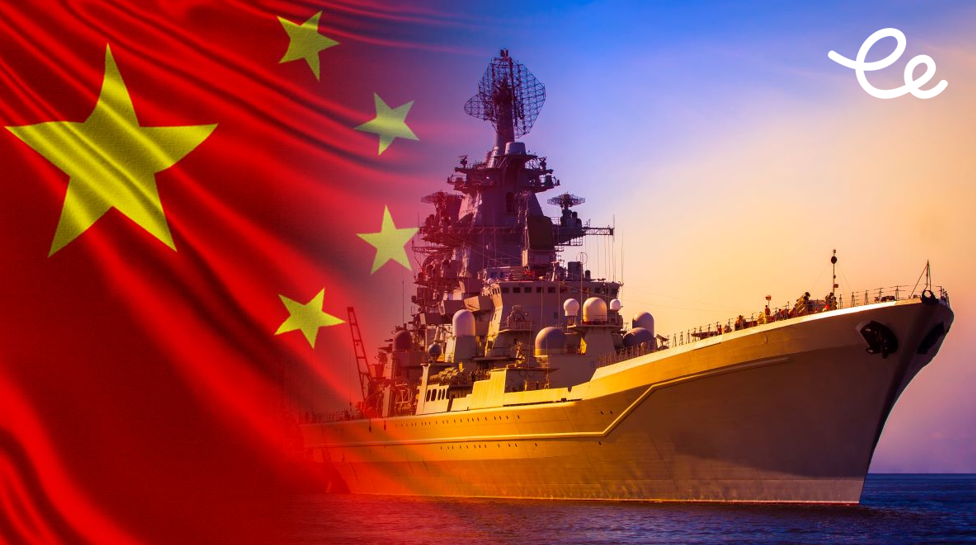
China is keeping up military pressure and intimidation by air and sea. A record 16 Chinese warships were spotted in waters around Taiwan in a 24-hour period in mid-July. If Lai succeeds Tsai, Beijing is sure to turn up the pressure, even though Lai seems unlikely to launch a move toward formal independence, which would trigger war, and drag the US to Taiwan’s defence.
Though it remains hard to imagine Taiwan’s next president flipping the geostrategic chess board, “the DPP and KMT’s differing strategies will influence Beijing’s aggressiveness, Taiwan’s vulnerability to coercion and perhaps even the timeline of a potential cross-strait crisis,” wrote Zoe Leung and Cameron Waltz for The Hill.
Taiwan opposition figures and China’s defence minister frame the fight in terms of war (retaining the DPP) and peace (booting them out, to appease China). The island’s elections often appear “the most consequential ever”, but this one may deserve the hype amid concerns that tensions could worsen to the point of invasion. We can only hope that calmer heads prevail.
Discover the complexities of US-China relations in Enodo Economics’ upcoming interactive training course: US-China Relations: What Is At Stake. The course explores the most consequential relationship of our time, offering valuable insight and analysis which will help you identify the risks and opportunities that will present over the coming years, as the relationship evolves. Our next course is scheduled for November 2023.
Limited spaces available, secure your spot now.
Related Articles:
Taiwan tensions stir US-China relations (again)
Taiwan still the flashpoint for US-China relations, as Biden still awaits face time with Xi
Pelosi’s Flying Visit to Taiwan Sends US China Relations into Tailspin

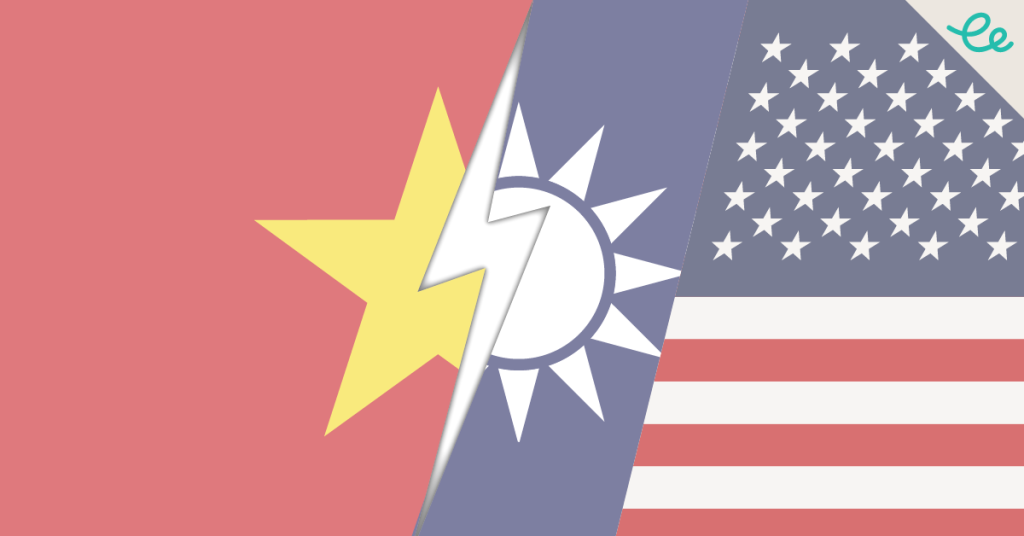
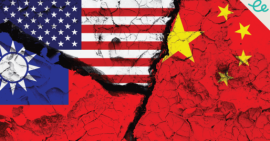
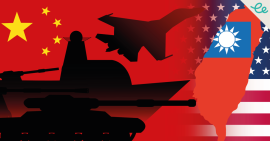
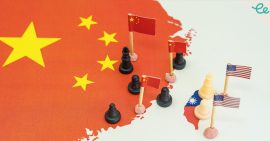
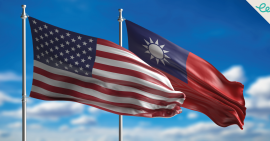

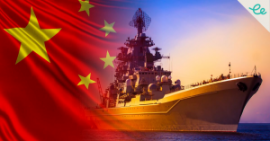

Comments are closed.